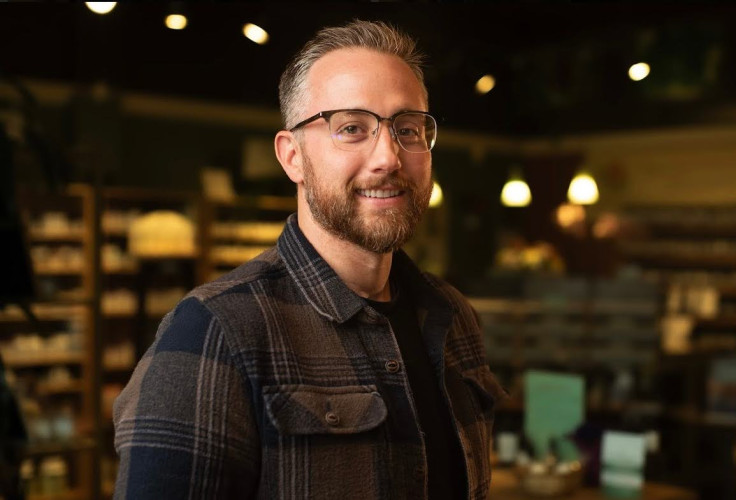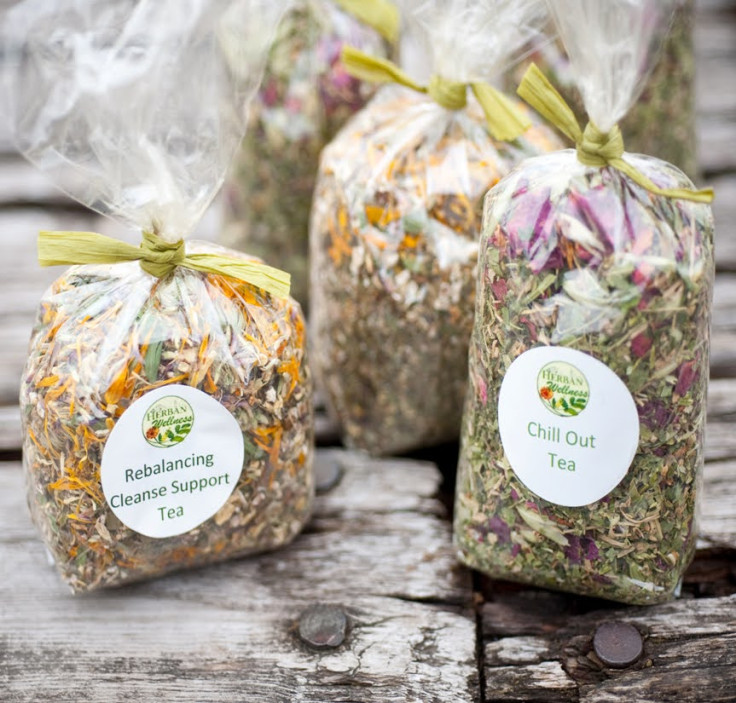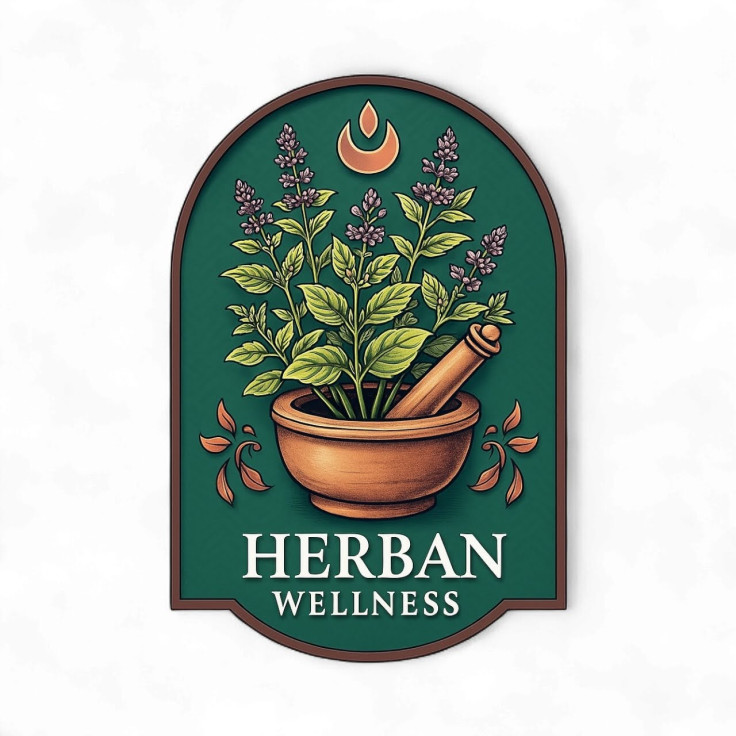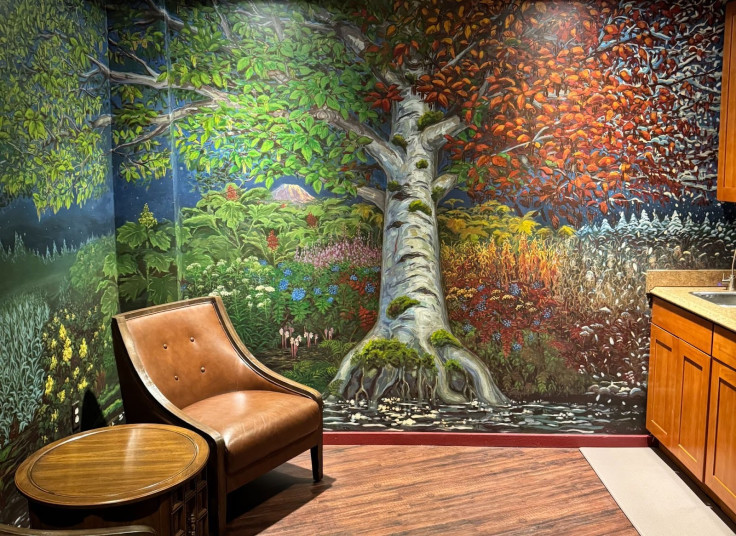Why Michael Johnson Champions Herbal Medicine as a Lifestyle, Not a Cure-all

Herbal medicine, once relegated to the fringes of the healthcare realm, has quietly become one of the most powerful movements in modern wellness. Whether it's seeking natural remedies or alternatives to symptom-driven treatments, the demand for herbal solutions is growing into a megatrend. Michael Johnson, Chief Stewardship Officer of Herban Wellness in Kirkland, Washington, recognizes this shift not as a passing fad, but as a deeper cultural reawakening.
"I'm really at an interesting point in my professional career of managing a modern-day herbal apothecary," Johnson reflects. With a background in environmental sustainability and a personal journey shaped by chronic illness, he has witnessed firsthand how the demand for herbal remedies has grown into what he sees as a megatrend. "There's almost an epidemic of mental, physical, emotional, and even spiritual health challenges. People are reaching a point where they say, 'I can't continue on this path anymore. I have to find a way that makes me feel better.'"

And that's where Johnson believes that herbal medicine is reestablishing itself as a paragon of health. At its core, herbal medicine offers a different philosophy of care. While Western medicine often focuses on alleviating symptoms, herbalism takes what Johnson describes as a "systems-thinking approach."
Rather than offering a quick fix, it supports the body in returning to balance, to homeostasis. "That's one of the biggest misconceptions," he says. "Herbs are not a cure-all. They're not like pharmaceuticals, where you take one pill and expect instant results. Herbal medicine has to be embedded within the lifestyle, giving your body the tools to regain balance."
Another common misunderstanding is the idea that herbal medicine is anti-science. Johnson disagrees. "From a pharmacological angle, there are significant health benefits. Many pharmaceuticals themselves originated from plants. Herbs and plant constituents are heavily researched, regulated, supported, and incredibly meaningful when used properly." In fact, he stresses that professional guidance is essential: "Just as you wouldn't take prescription medicine without oversight, herbs should be integrated with the support of an experienced clinician. Contraindications of herbal remedies have the potential to interfere with pharmaceutical medications and require thoughtful curation."

At Herban Wellness, education and trust are at the heart of their work. Johnson describes his role as stewarding a space where people can explore herbal remedies safely and meaningfully, with uncompromising standards for sourcing. "We take measures to ensure that everything we carry is completely organic or wildcrafted. We don't compromise on quality," he explains. With quality at the epicentre of its ethos, the company also focuses on community, creating connection, conversation, and individualized support.
For Johnson, this work is both professional and deeply personal. More than a decade ago, a specialist told him he would face end-stage renal failure within five years. "At that moment, I was terrified. My son was about to be born, and I realized I needed to be present in his life," he recalls. That diagnosis became a turning point, sparking his exploration of health, resilience, and the potential of modeling a lifestyle that embraces herbs. Today, he sees his role as someone entrusted with carrying forward that mission of care, of bringing awareness to what herbal medicine entails, and how it can make an inherent community-wide difference.

He describes his philosophy simply: "Our business is about creating trust, providing information, and fostering human connection." That trust extends beyond commerce. Johnson has plans to eventually transform Herban Wellness into a worker-owned cooperative, ensuring that the next generation of herbalists continue to thrive in a world dominated by influencer-lead, technology informed, health choices.
For those hesitant but still curious about herbal medicine, Johnson encourages openness and the capacity to be receptive. "It really hinges on personal courage to try something new and listen," he says. "See how your body, mind, and spirit respond. But do it with guidance and support. That's where the real transformation happens."
In the end, the rise of herbal medicine may be less about trends and more about reconnection to our bodies, our communities, and the Earth itself. "There's untapped potential here," Johnson notes, "for healing, for people to embrace a lifestyle that is healthier, more grounded, and more balanced. That's precisely why herbal medicine is no longer shrouded in doubt or criticisms; it's mainstream."
© Copyright IBTimes 2025. All rights reserved.



















